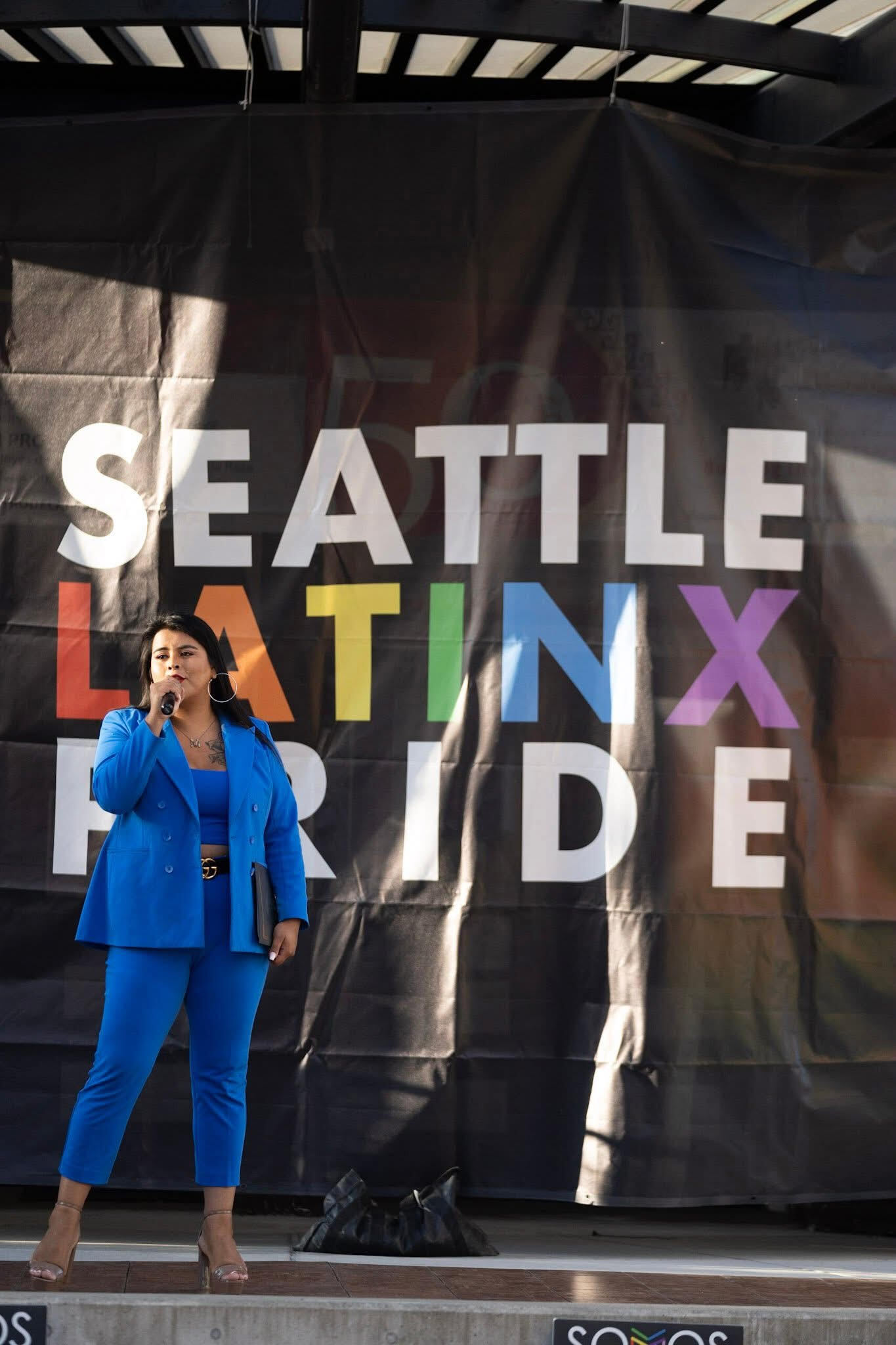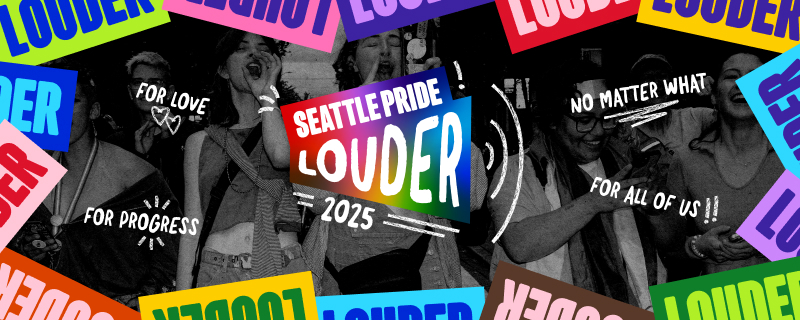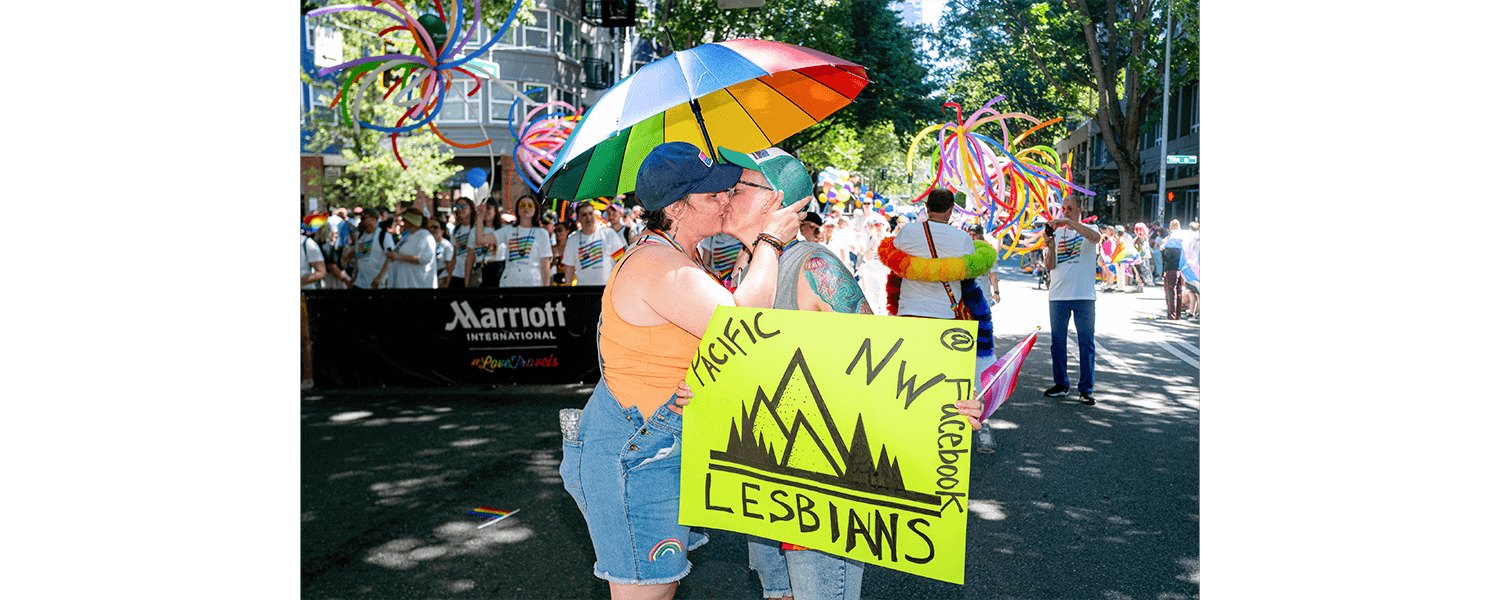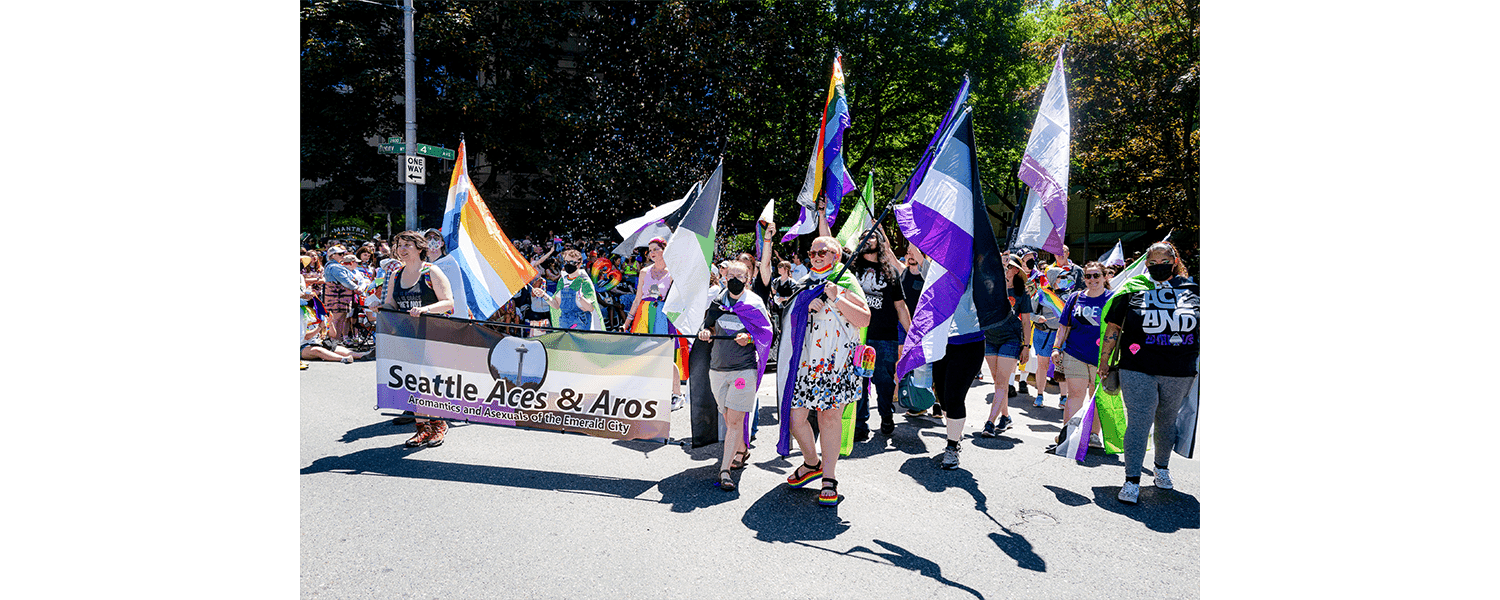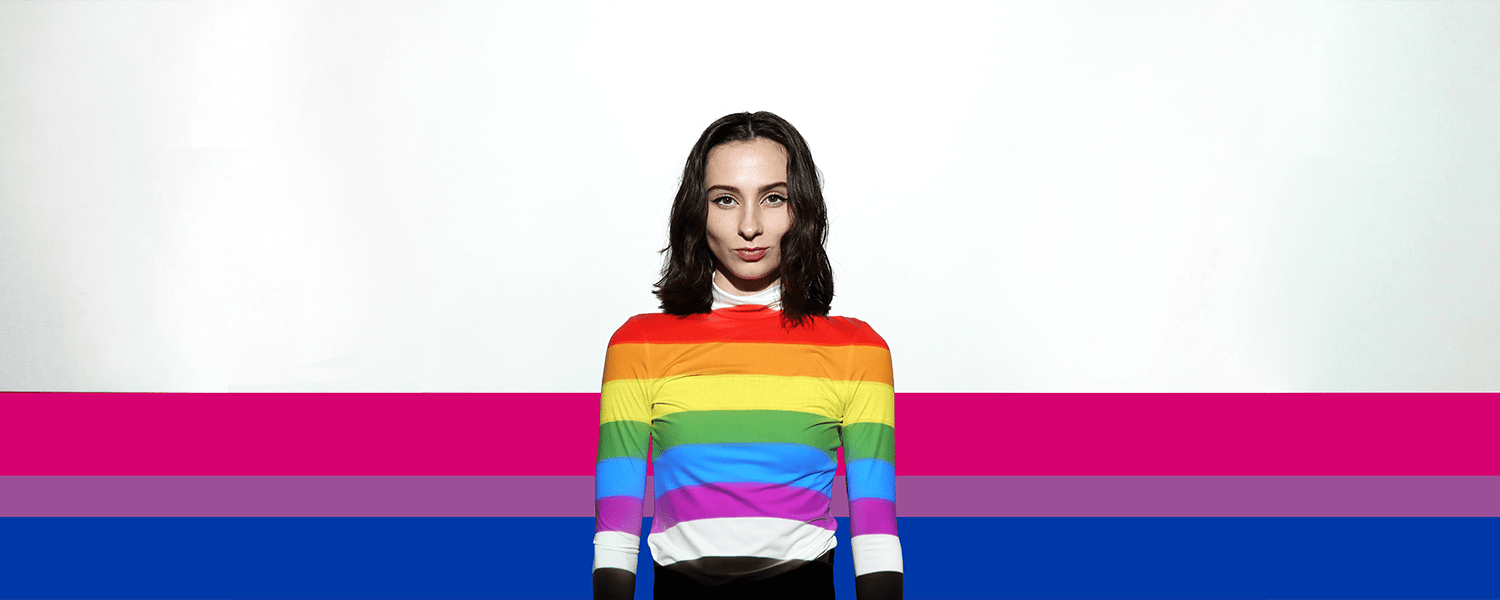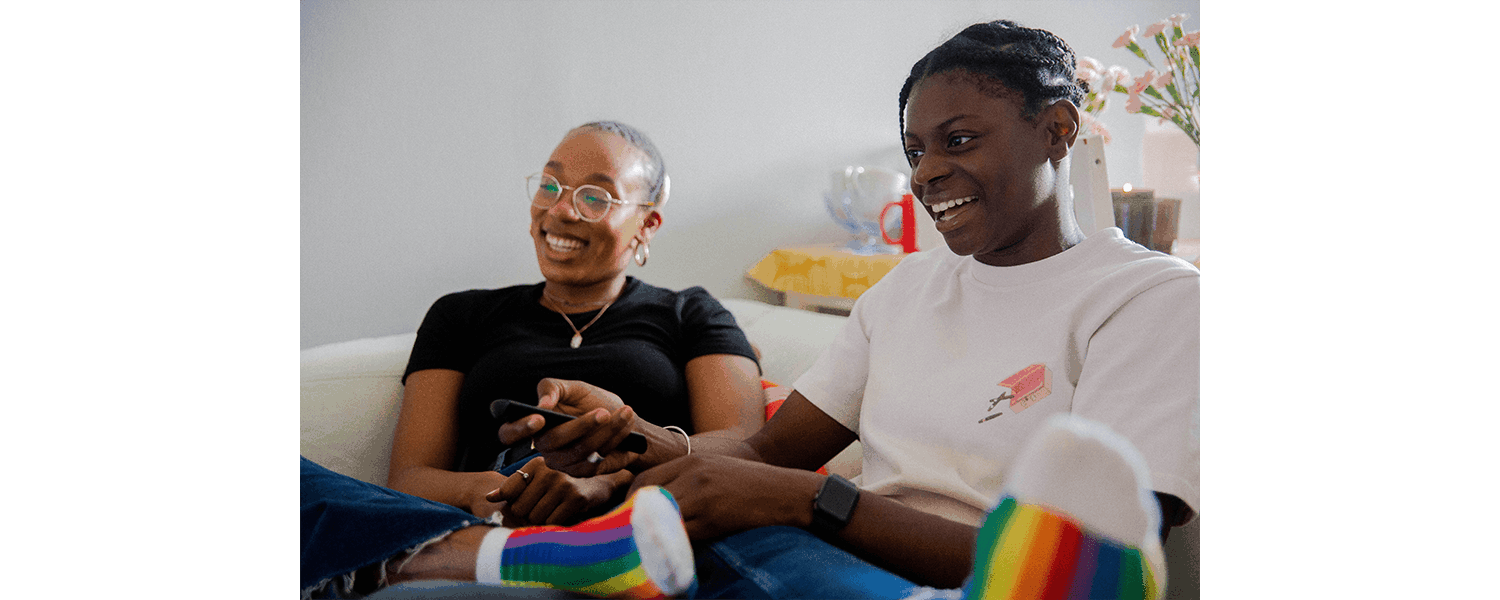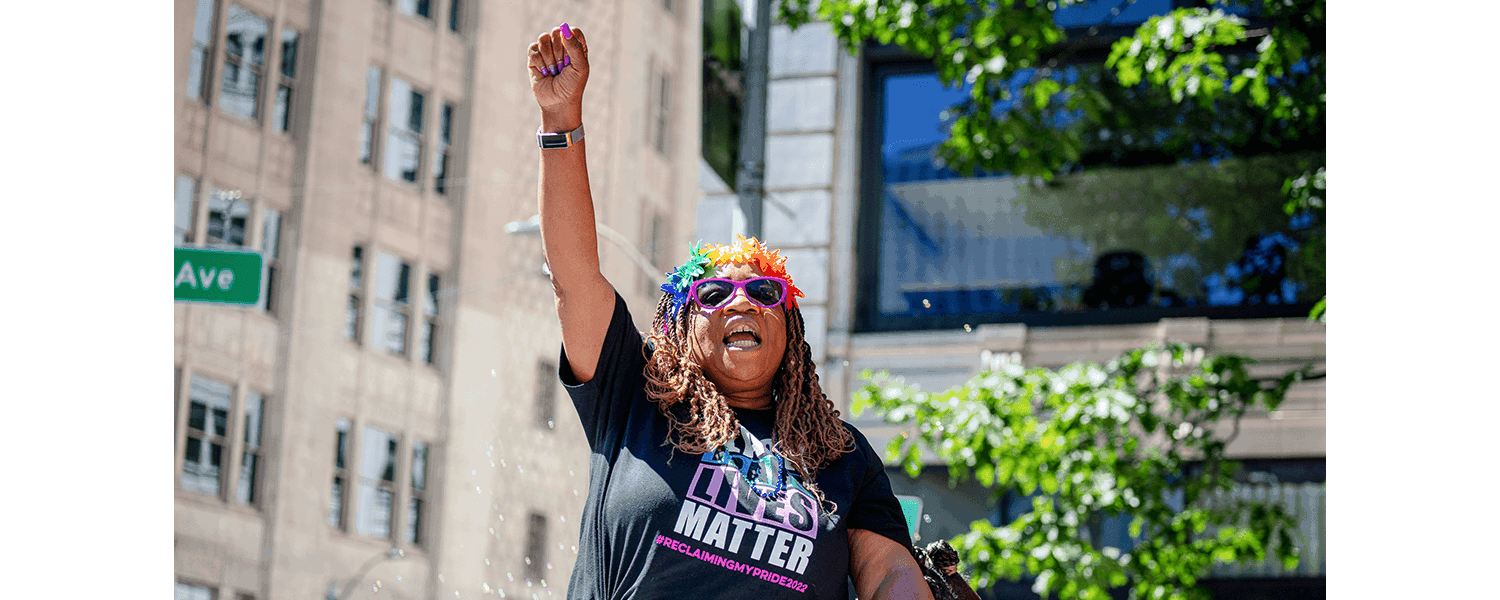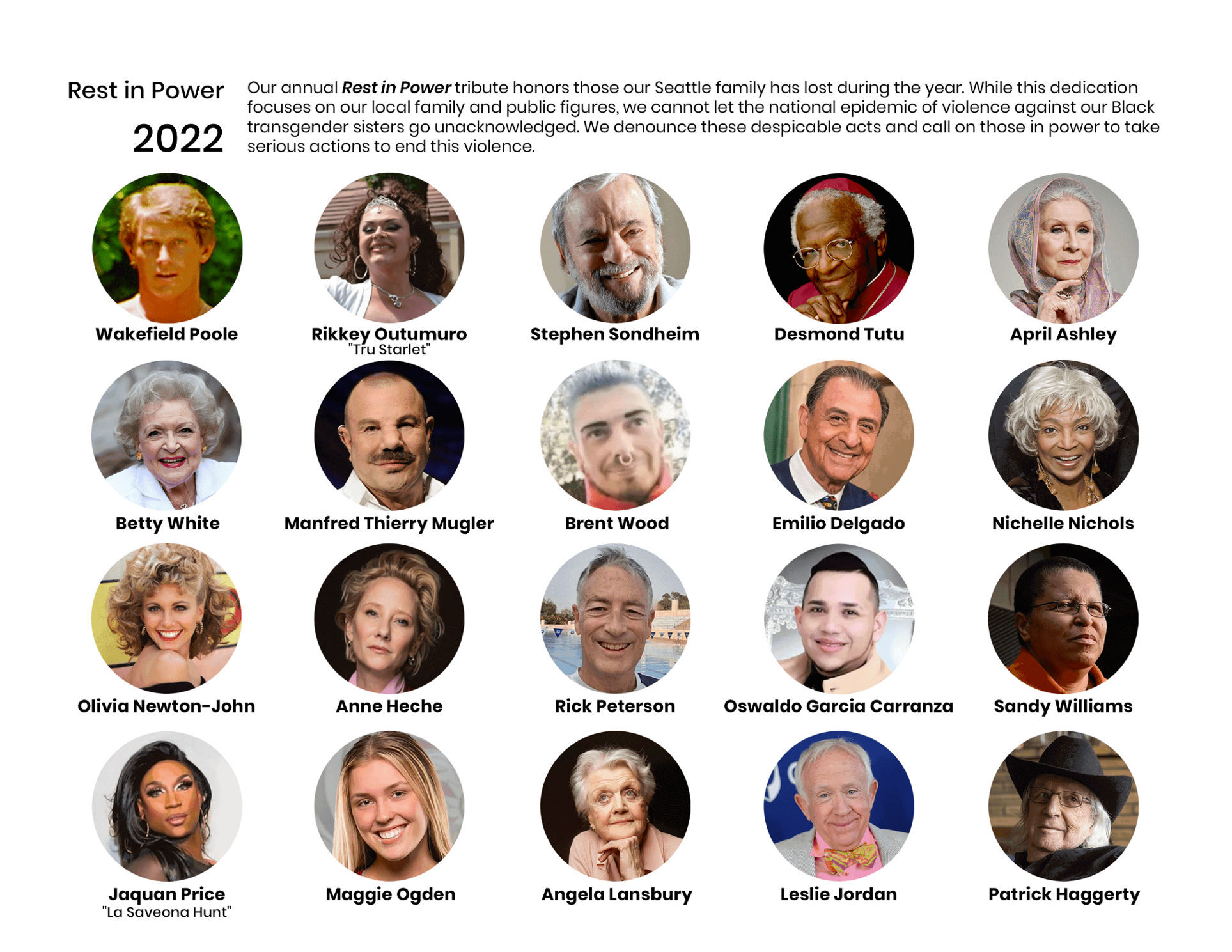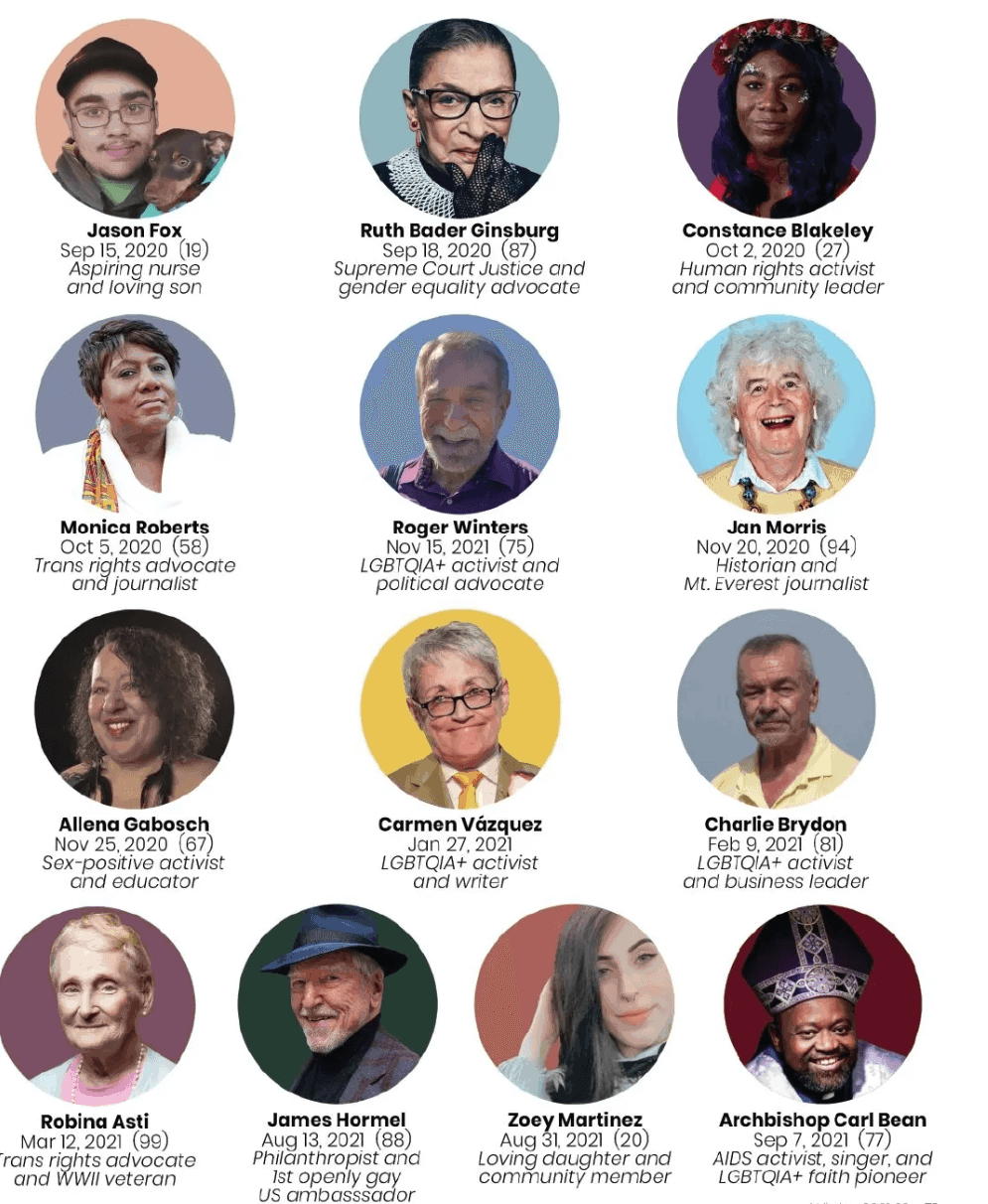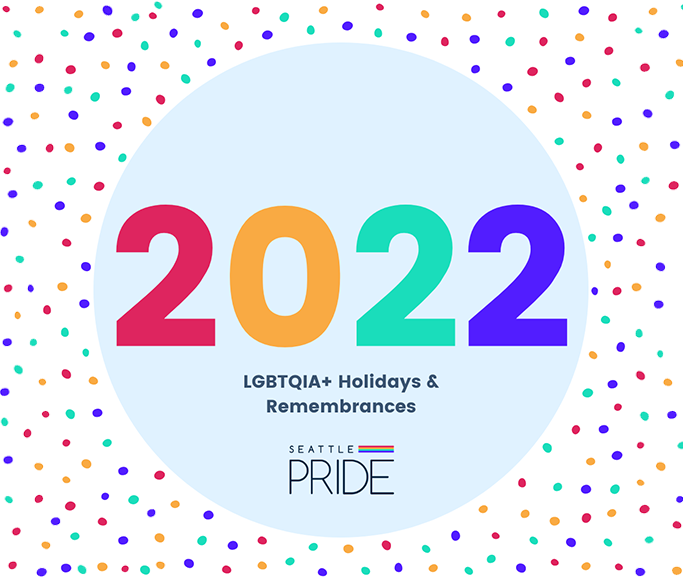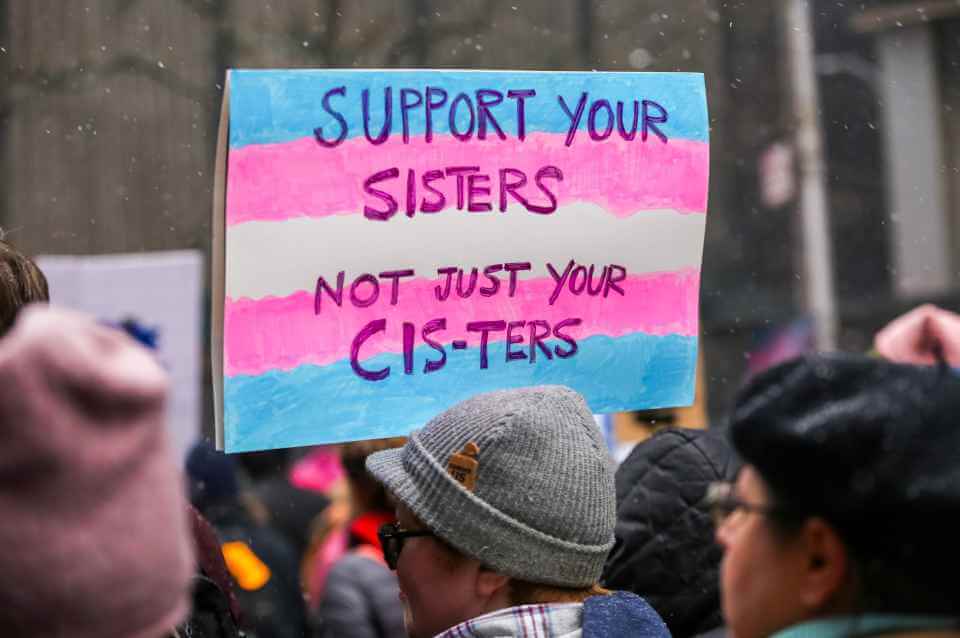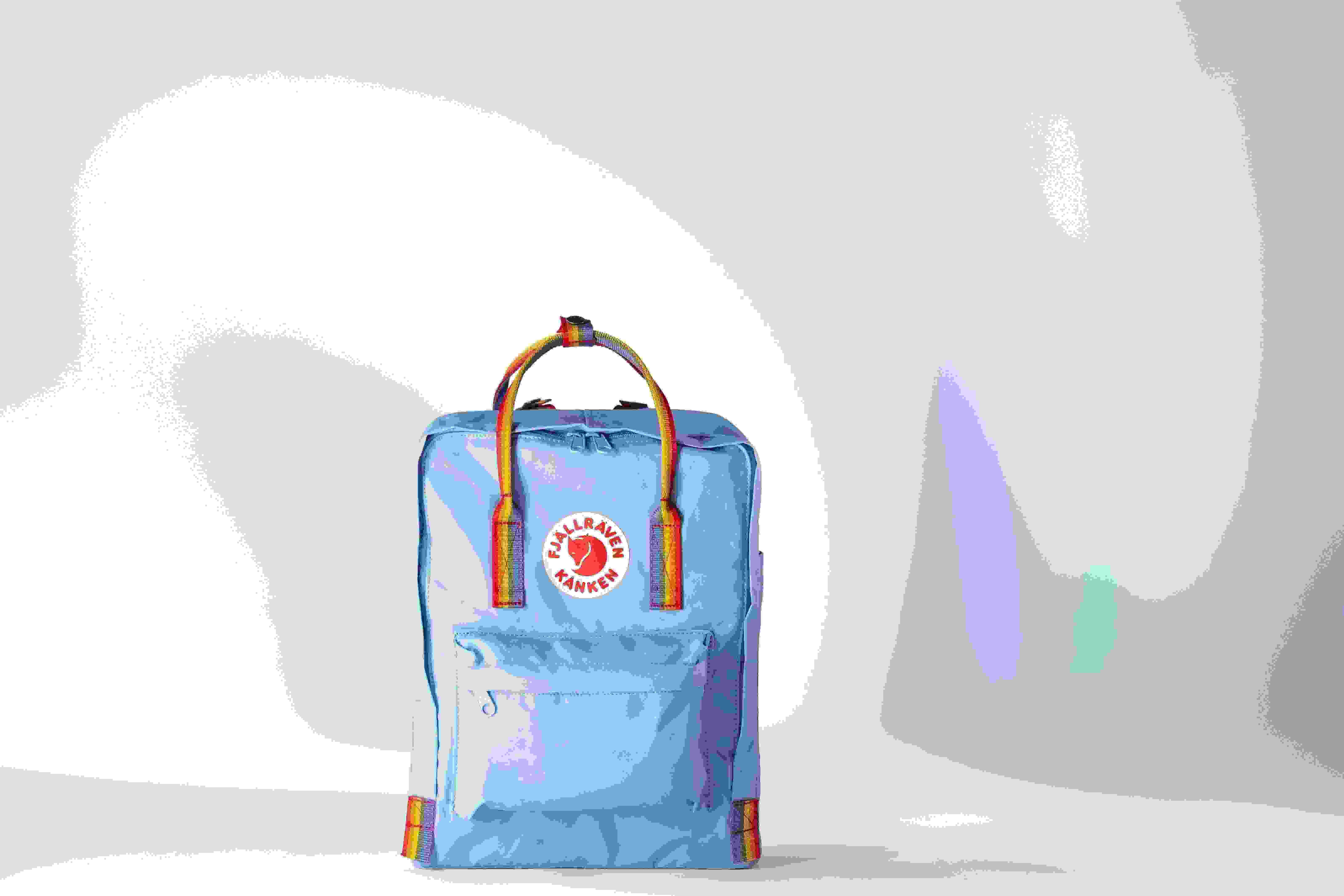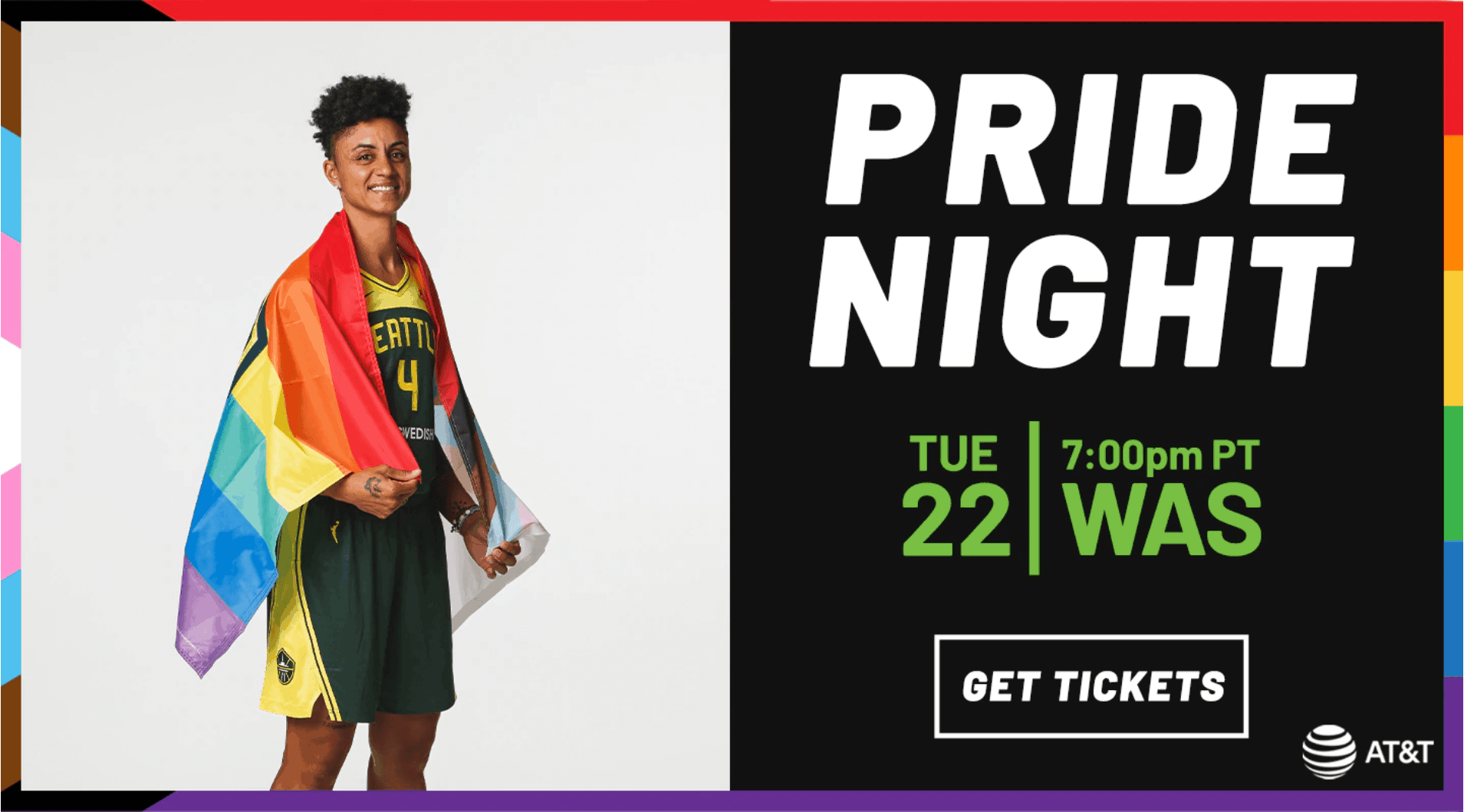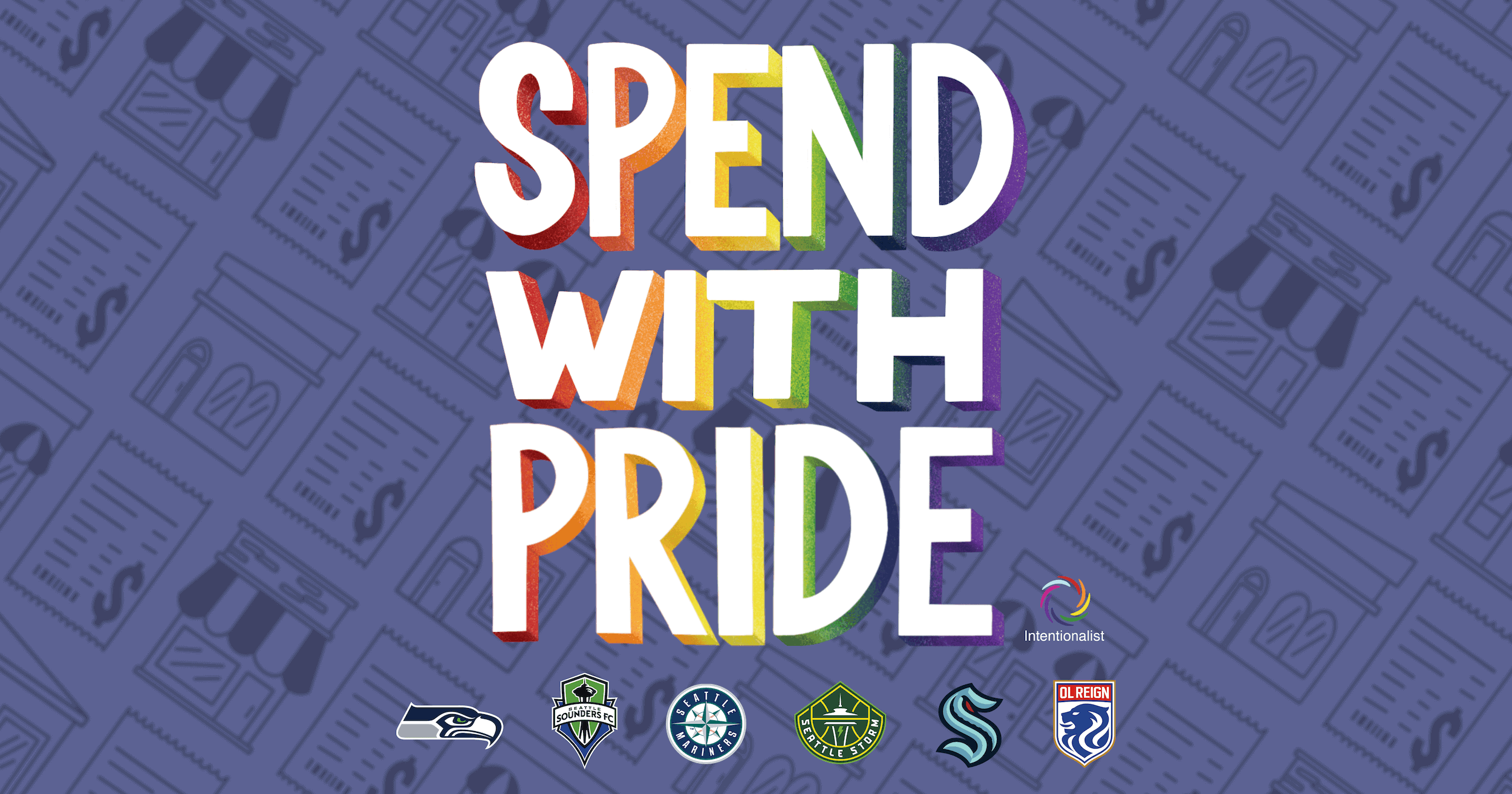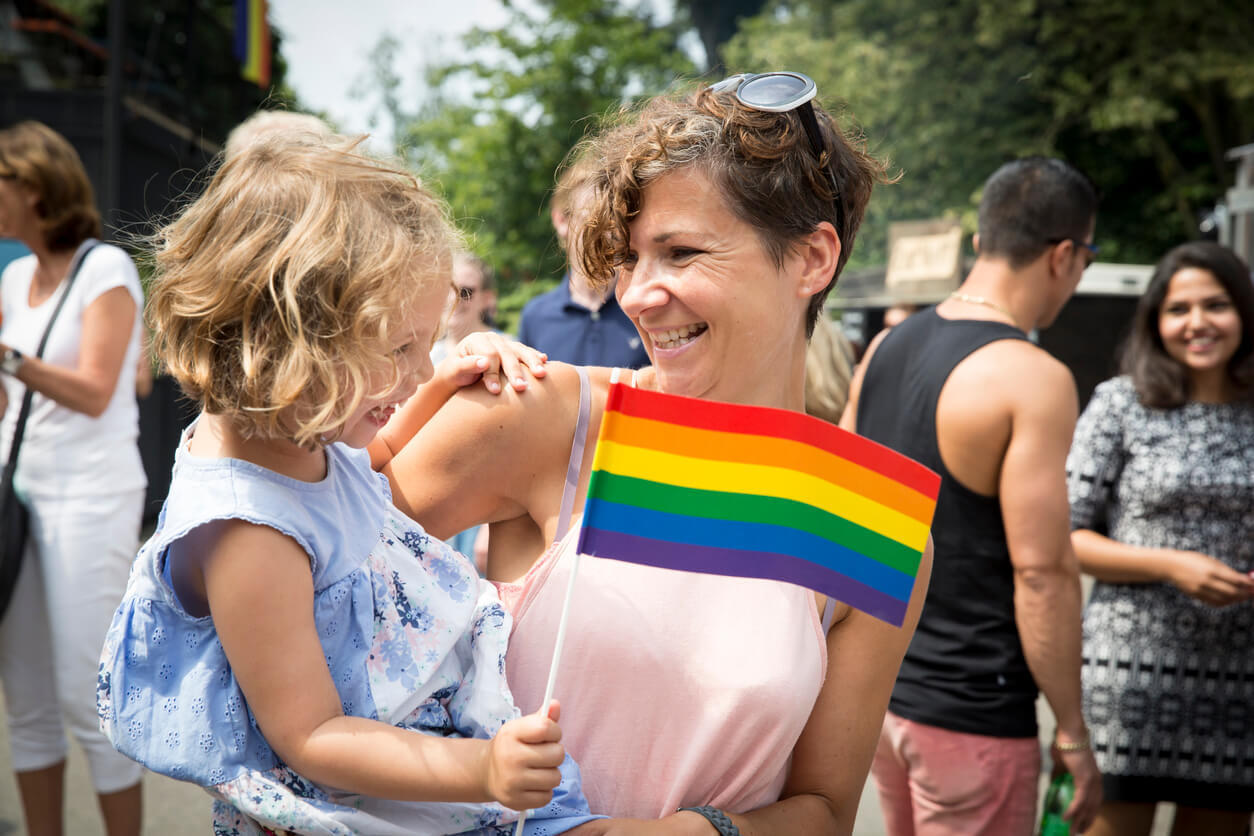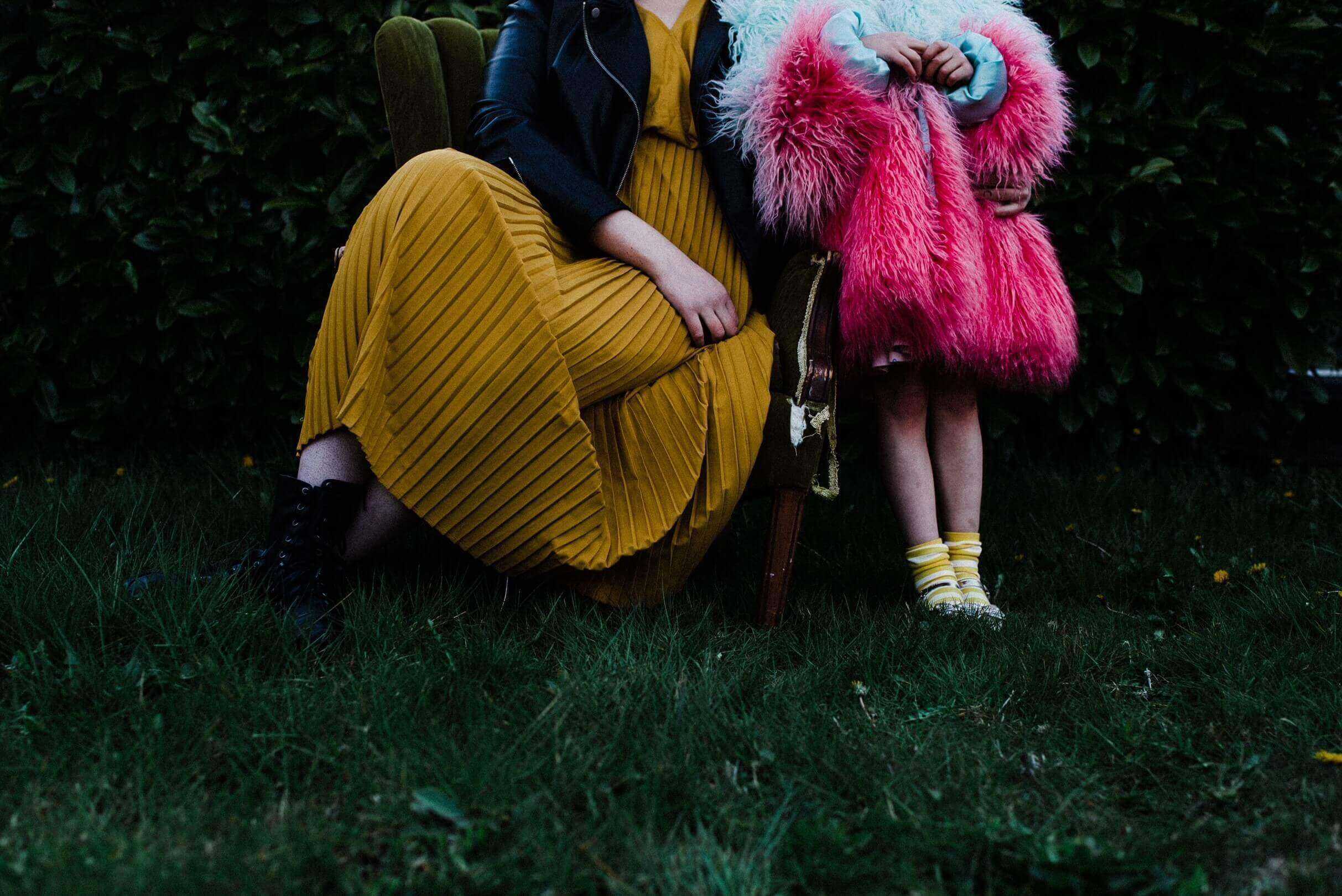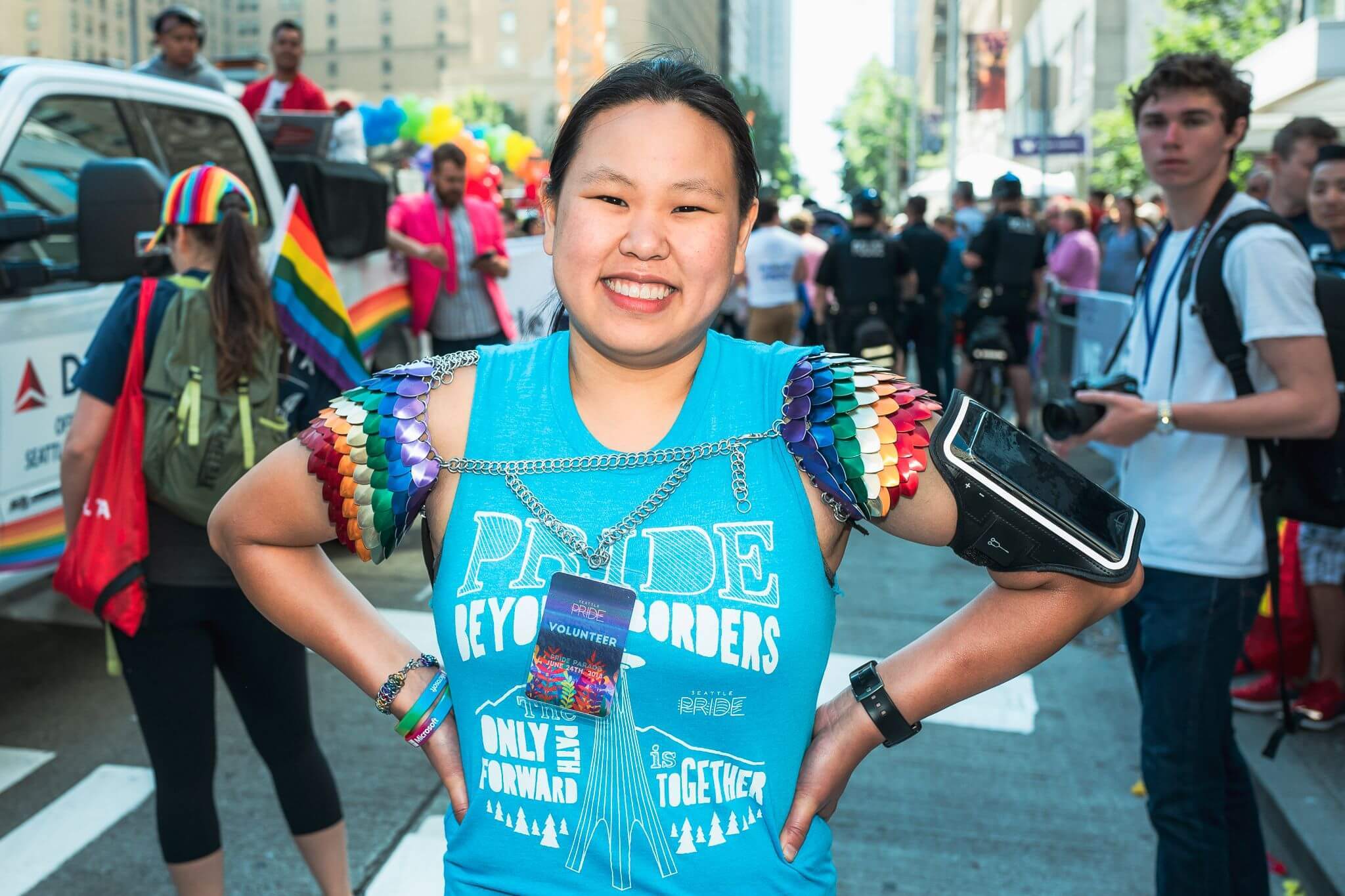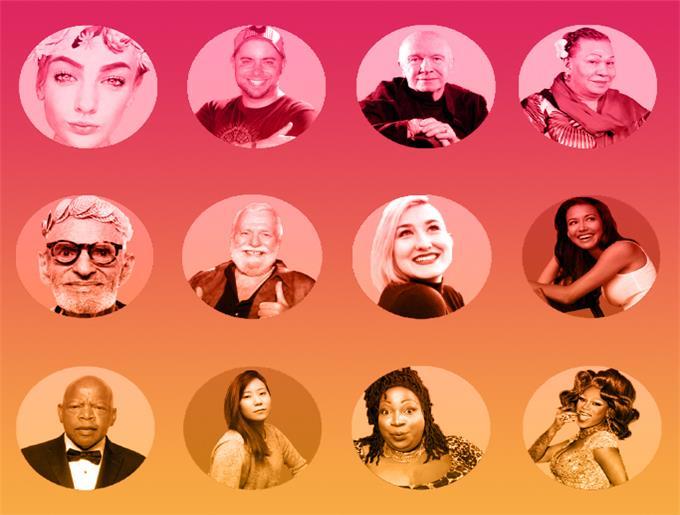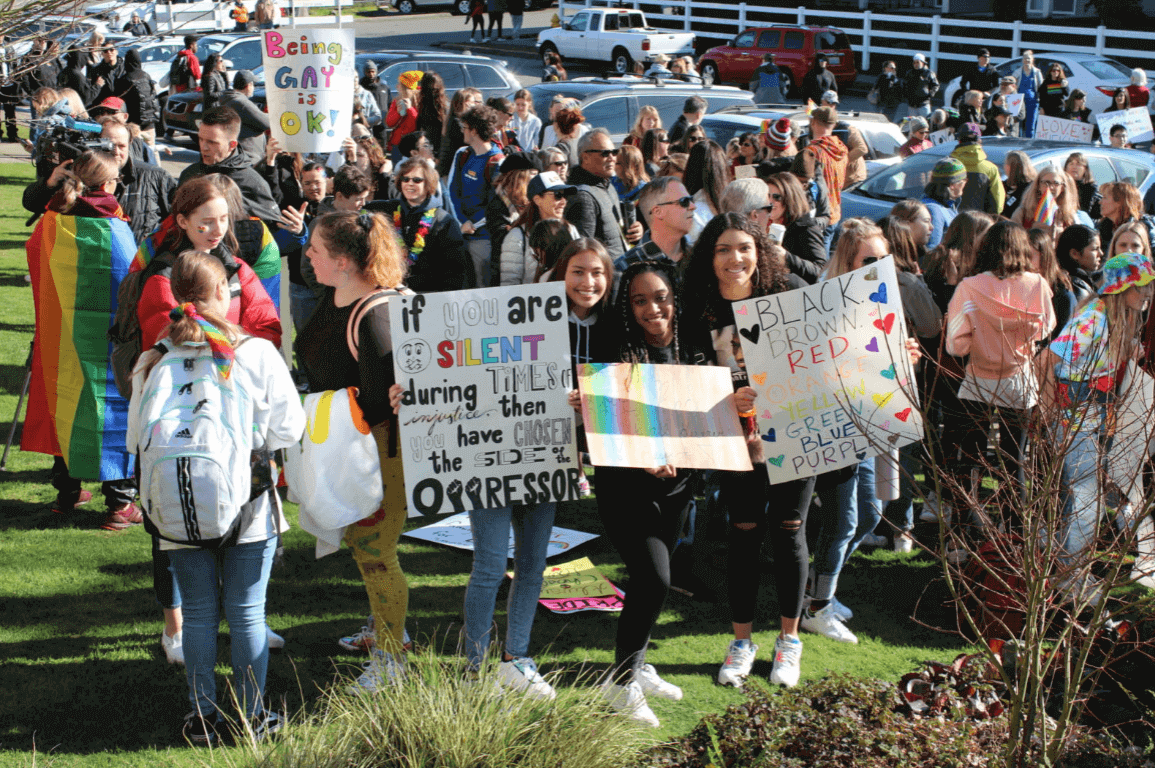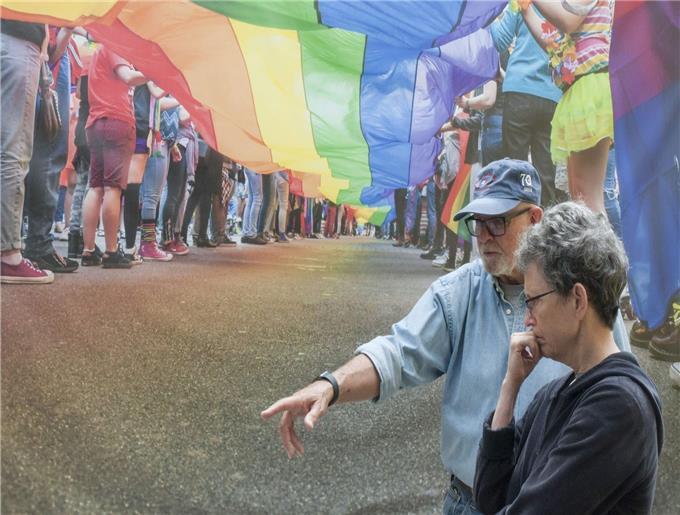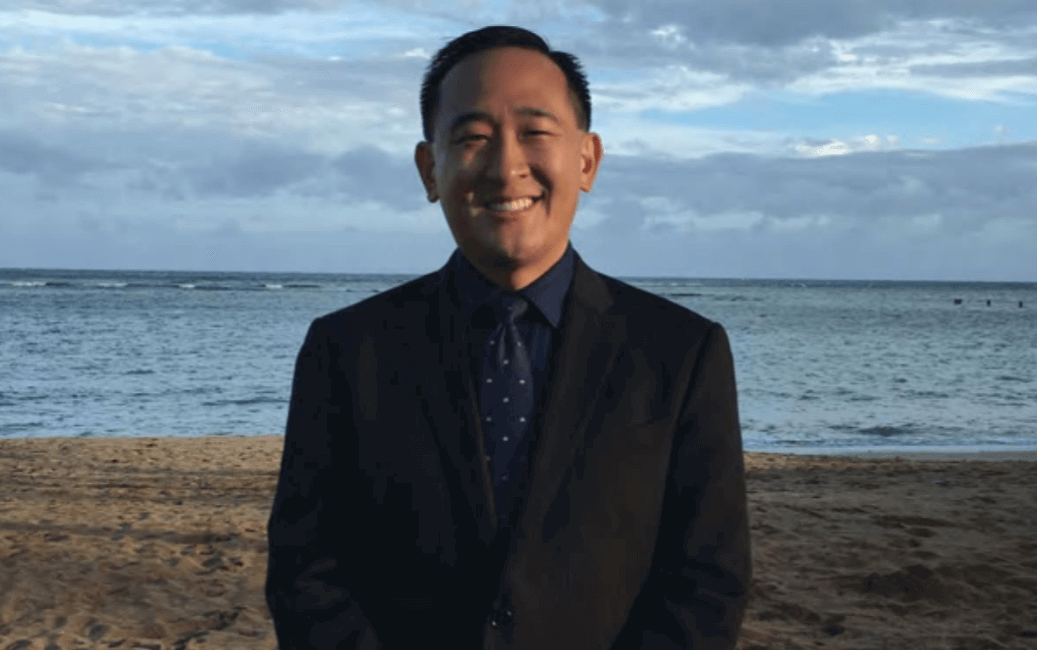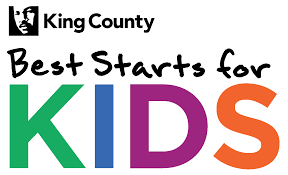
Best Starts for Kids: A Precious Benefactor for LGBTQIA+ Youth
Mar 01, 2021 | Tim Marshall
In a year unlike any other, LGBTQIA+ youth in King County in 2020 experienced unique challenges that COVID further exacerbated. LGBTQIA+ youth are already more likely to experience homelessness and untreated mental health crises, and are less likely to gain reliable access to health care and other supportive services than their non-LGBTQIA+ peers. Social distancing and austerity funding due to the COVID-19 pandemic are likely to widen this gap in 2021.
With much at stake, 2020 became a year in which government funding could empower culturally-informed service organizations such as POCAAN (People of Color Against AIDS Network), El Centro de la Raza, and Para Los Niños, among others, to step in.
Best Starts for Kids (BSK) began as a thought exercise from different segments of King County. Starting in the mid 2010s, King County Executive Dow Constantine was aware of community concerns that not enough was being done to support our perinatal families and children ages newborn to six years old. This supported data coming from the UW Institute for Learning & Brain Sciences, which found that human brains are almost completely formed by the time we hit five years old, reflecting the adage that early investments garner the best returns. At the same time, King County began more aggressively addressing the needs LGBTQIA+ youth, particularly those identifying as BIPOC (Black, Indigenous, and People of Color), such as housing stability and services to respond to basic needs brought on by poverty.
As a result, BSK became a voter-approved funding stream in 2016 that has worked to provide healthy foundations for infants, children, and young adults to create improved outcomes in adulthood. For King County youth and families, this makes a huge difference. In order to understand the necessity of BSK, it’s important to understand the crucial role BSK grantees play within their communities.
POCAAN was founded in 1987 in response to HIV/AIDS as it began to migrate into communities of color and culturally-competent care was desperately needed. Over the past 32 years, POCAAN has grown to respond to intersectionalities as it pertains to sexual health. POCAAN has discovered unique needs within communities of color, such as the disproportionate incidence of homelessness, affecting far more many Black and Brown LGBTQIA+ youth than their white counterparts. Today, POCAAN is able to support youth through homelessness prevention and restorative justice programs which allows carefully-constructed support plans delivered by a team of diligent case managers, many of whom have lived experience.
The bonds forged by case managers is essential to participant success. Steven Sawyer, Executive Director says:
“To see the kids now, as supposed to where they were when we started is amazing. But again, there are constantly new young people coming in, they’ve gotten to know us and open up and it takes a little bit for youth for you to get their confidence. So, it takes a year or so of them being in the pgm to get comfortable. Around year two they're more comfortable with you and willing to engage and follow you where you go. [Our programs] really [have] a community wraparound approach - this holistic approach where we’re wrapping community around them [via our peer and youth advocates].”
These advocates work hard to meet people where they’re at, traversing churches, community centers, and sometimes go door-to-door to connect their clients with resources. People who have worked for a non-profit organization may know that the biggest part of a budget comes from having a staff of trained and supported staff members, much of which would be impossible without grant funding from sources such as Best Starts for Kids.
BSK also empowers nonprofits who provide services to LGBTQIA+ youth like Para Los Niños, El Centro de La Raza, Asian Counseling and Resource Center, and so many more. Colleen Brandt-Schluter, Human Services Manager for the City of Burien, reveres the funding and administrative support provided by BSK. She says that “Burien is resource poor, but partnership rich”, as they often rely on Best Starts for Kids funding to ensure community members get what they need.
BSK is a lifeline for many small service-based nonprofits due to its relatively forgiving grant application and management requirements. Sawyer recognizes that grant funding is notoriously elusive for small community organizations, acquisition being “difficult if you are constantly doing reports and constantly having to report quarterly, and monthly, and biweekly, it takes you away from the direct service work that is so important”. Additionally, Brandt-Schluter cites the importance of removing grant burden from small nonprofits, as burdensome grant requirements imposed by other government authorities have resulted in non-profits declining funds that could cover essential operating costs.
By being a low-barrier tool for nonprofits to build capacity, BSK allows nonprofits to focus more on service delivery to LGBTQIA+ youth, allowing case managers to connect with vulnerable youth and families at risk of homelessness and dropping out of school, and giving them the tools needed to stay safe and healthy.
Moving forward, Best Starts for Kids wants to be even more informed by community to better serve vulnerable LGBTQIA+ youth by not only supporting local nonprofits, but by allowing those nonprofits to infuse King County services with cultural competency.
Sheila Capestany, Strategic Director for Children and Youth and BSK Project Lead, says:
“I think we’ve set a lot of groundwork… A lot of our work during this first levy had to be about [preparing] the county - we had to do a lot of internal work to get where we are now. We laid the groundwork. We continue to hear community feedback but now I feel the county is ready to fly - to influence more than just Best Starts for Kids- but to influence most of the other [county services].”
And while it is clear BSK empowers orgs to serve those who don’t have other options, it is at threat of losing taxpayer funding. BSK funding runs out in December 2021, UNLESS we can convince King County Council to add a renewed initiative to the November ballot. To continue the progress of BSK and reduce health gaps for LGBTQIA+ youth, contact your King County councilmember today!
Note:
As a 501(c)(4) nonprofit organization, Seattle Pride is permitted by the IRS to engage in advocacy efforts. Seattle Pride is not a recipient of BSK funds.

